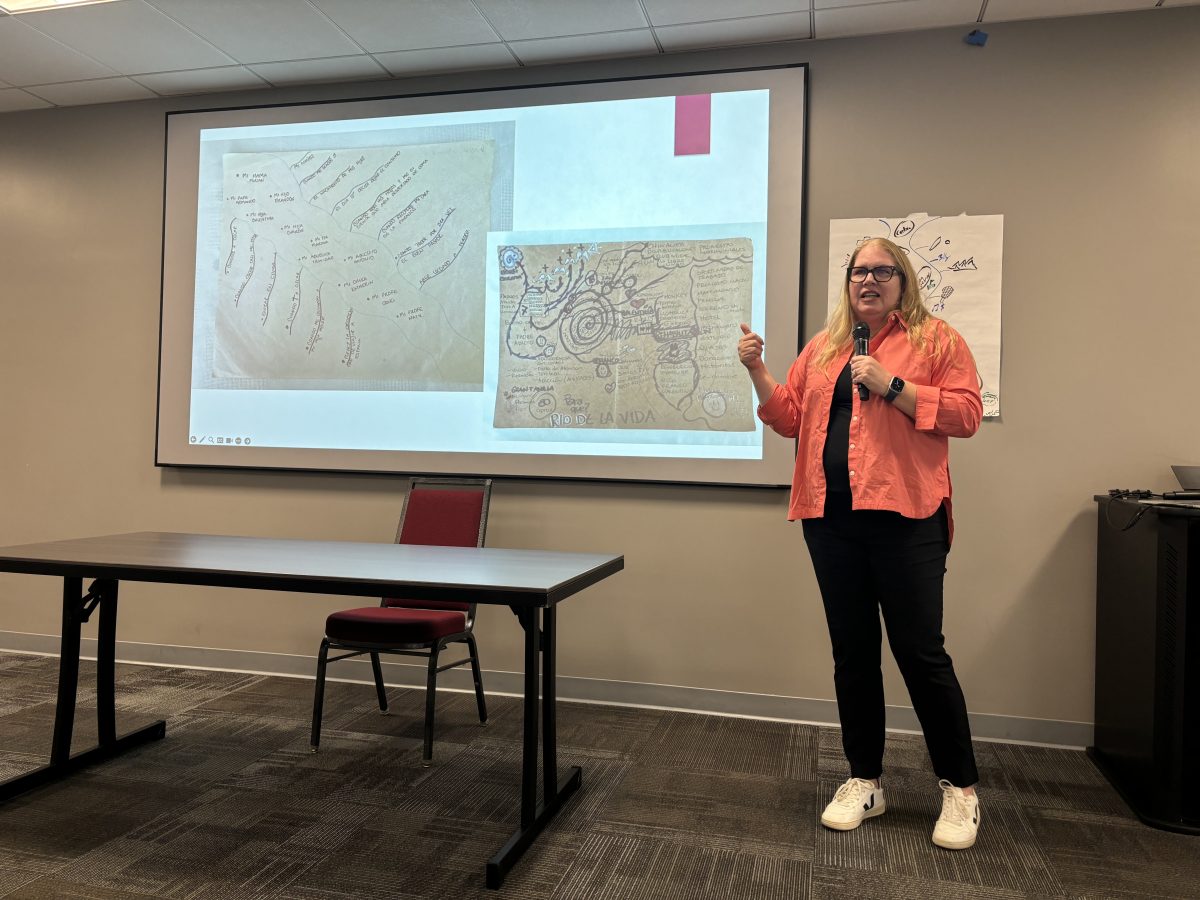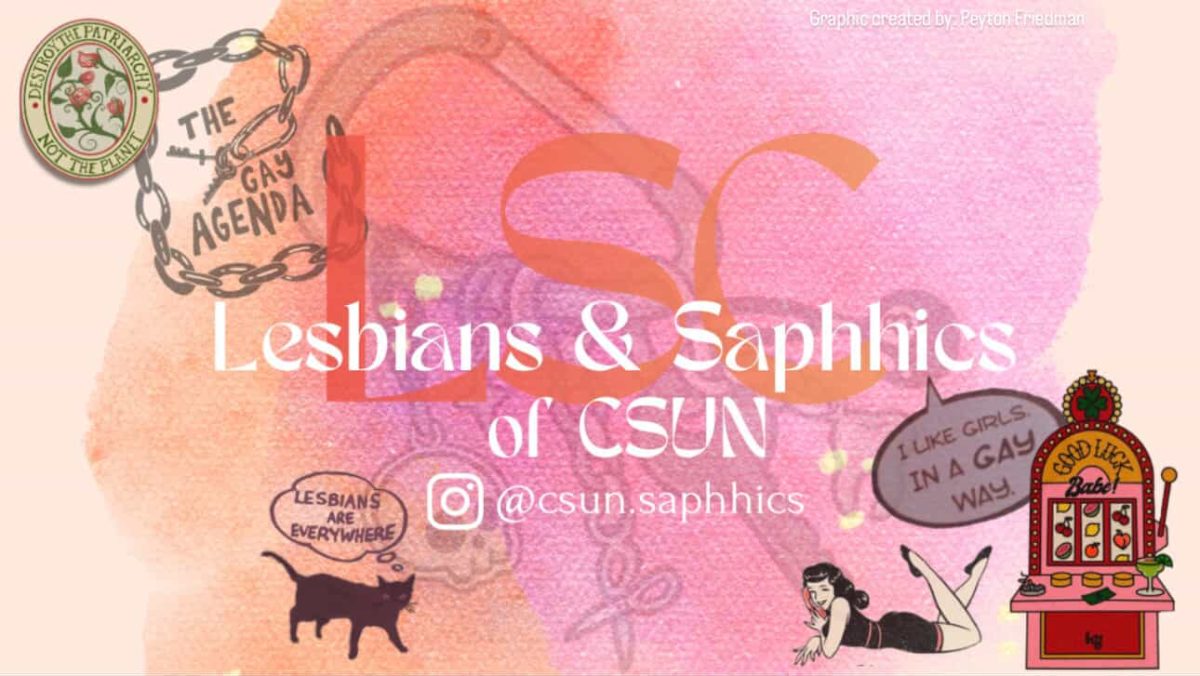As a researcher with the Center for the Study of Religion and Culture at the University of Notre Dame, peace-building expert Brie Loskota brought extensive knowledge in strengthening communities worldwide at her workshop that offered students hands-on experience in understanding the complexities of building peace across differences.
Loskota co-founded the American Muslim Civic Leadership Institute and led projects with prestigious institutions, including USC and the U.S. Institute of Peace. The workshop began with a fundamental question: “What is peacebuilding?”
Participants talked about equity, safety, harmony and collaboration. However, Loskota asked them to think more about these ideas, especially the balance between equality and difference.
“Peace building means solving injustice and conflict without violence, and it’s based on relationships despite our differences,” Loskota said.
She pointed out a modern issue: people often feel comfortable only with people who share similar views. Using the myth of Narcissus, she warned that self focusing too much can lead to loneliness and downfall.
“One of the oldest stories tells us that being enchanted with your own reflection leads to death,” she said.
A key part of the workshop was the “River Exercise,” which Loskota has done worldwide.
“I’ve done it all over the world,” Loskota said. “In Colombia, on a rooftop in Ramallah, overlooking a beach in Zanzibar, in Morocco, Uganda, Bangkok, Dubai, Nepal, across the US. With participants from dozens of countries.”
Participants drew their life stories as rivers, with islands for important places, positive experiences on the right and challenges on the left. The exercise showed that negative experiences often happened when participants felt powerless, while positive experiences came from their own actions.
The exercise highlighted a key principle of peace-building: knowing yourself is essential for understanding others.
“You cannot do peace building as an intellectual exercise; it is a whole person exercise,” Loskota said. “If you don’t know who you are, you can’t trust yourself in conflict situations.”
As participants shared river stories with their partners, many found unexpected inspiration in their peers’ experiences. Loskota observed that “the story of just someone’s life and how they live is inspirational to you, and the only way you know that is because you bothered to ask.”
The workshop concluded with a powerful message about the importance of personal narratives in peace-building.
“We are social beings, we are social thinkers, we learn from others,” Loskota said.
She explained that understanding and sharing our own stories creates the foundation for meaningful relationships– the true building blocks of peace.
Through practical exercises in listening, reflecting and empathizing, participants learned that peace-building isn’t just about resolving conflicts– it is about creating authentic connections across differences. The workshop demonstrated that peace-building starts with self-awareness and extends through the courage to engage with others’ stories.











